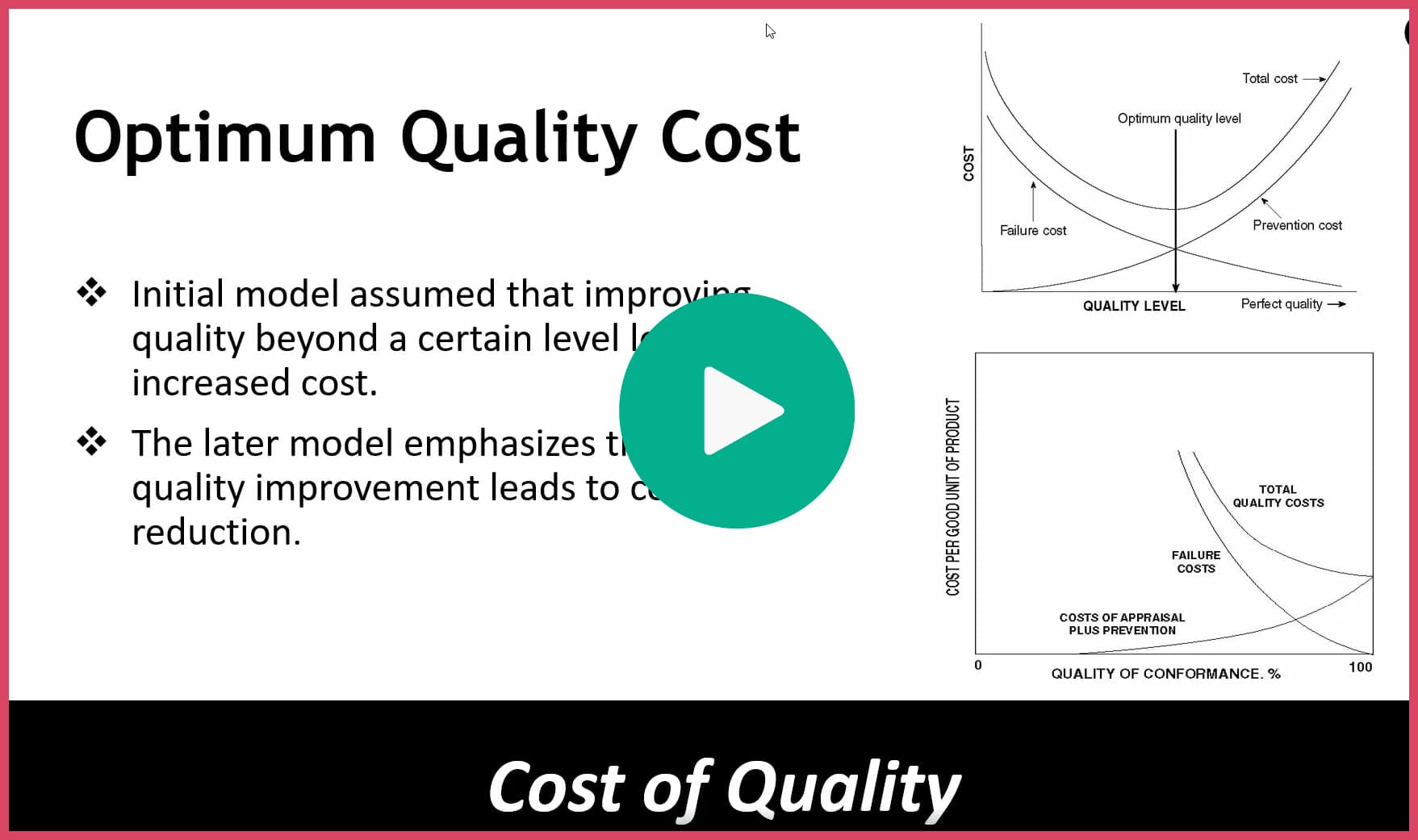
Finalization controls refer to the meticulous processes and strategies employed to solidify the terms and conditions governing supplier relationships. These controls are pivotal in establishing clear, enforceable, mutually beneficial agreements betwe...









